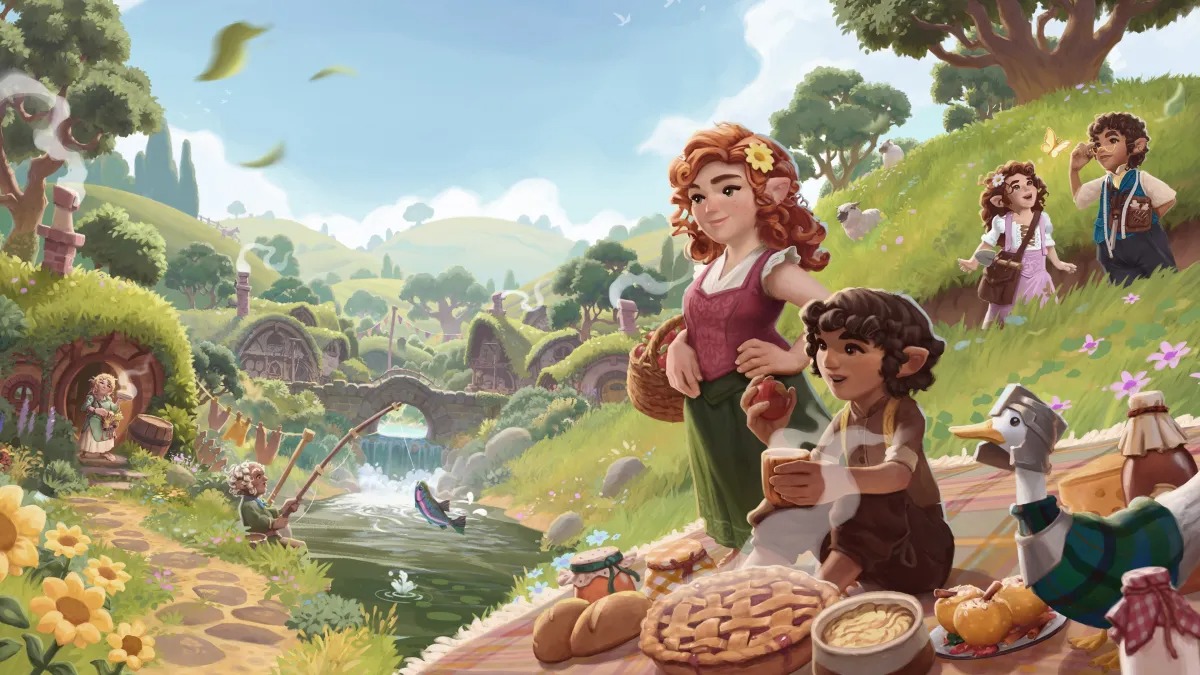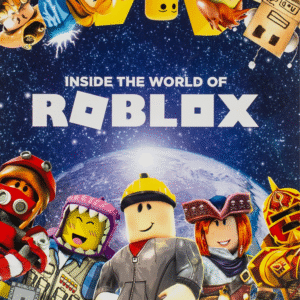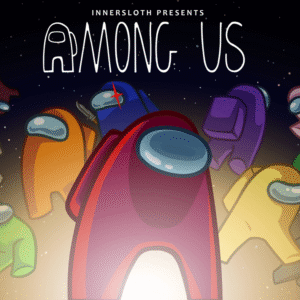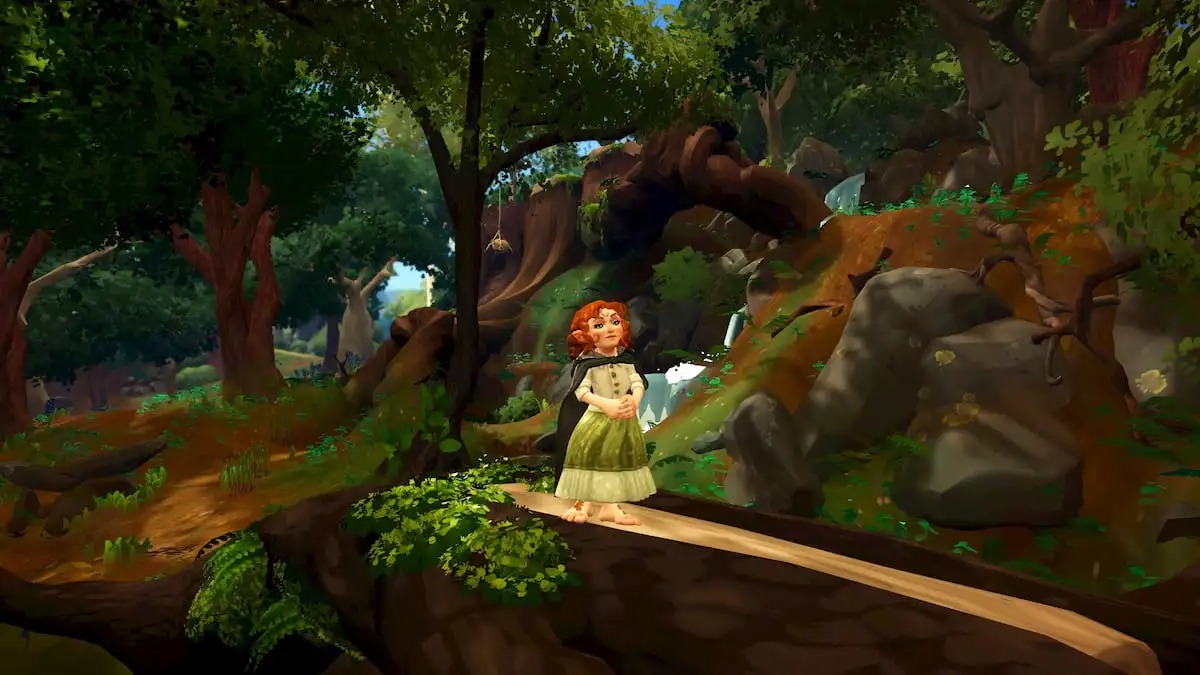Tales of the Shire Review: A Cozy Game Lost in a Sea of Tedium
Popular Now
 Counter-Strike 2
Counter-Strike 2
 League of Legends
League of Legends
 Warframe
Warframe
 God of War Ragnarök
God of War Ragnarök
 Auto X Drift Racing 3
Auto X Drift Racing 3
 Schedule I
Schedule I
 Valorant
Valorant
 The Legend of Zelda
The Legend of Zelda
 Gacha Club
Gacha Club
 Candy Crush Saga
Candy Crush Saga  There is perhaps no better setting for a cozy life simulation game than the Shire. The iconic home of the Hobbits, with its rolling green hills, peaceful streams, and an unwavering love for good food, is a perfect fantasy. With Tales of the Shire, developer Wētā Workshop had an opportunity to create a genre-defining title, a game that could stand shoulder-to-shoulder with the likes of Stardew Valley and Animal Crossing. Unfortunately, the game squanders this incredible potential. While it possesses a charming aesthetic and a deep appreciation for Tolkien’s lore, its repetitive gameplay loop and a shocking lack of meaningful content leave it feeling hollow and tedious, a hobbit-sized adventure that is sadly not worth the journey.
There is perhaps no better setting for a cozy life simulation game than the Shire. The iconic home of the Hobbits, with its rolling green hills, peaceful streams, and an unwavering love for good food, is a perfect fantasy. With Tales of the Shire, developer Wētā Workshop had an opportunity to create a genre-defining title, a game that could stand shoulder-to-shoulder with the likes of Stardew Valley and Animal Crossing. Unfortunately, the game squanders this incredible potential. While it possesses a charming aesthetic and a deep appreciation for Tolkien’s lore, its repetitive gameplay loop and a shocking lack of meaningful content leave it feeling hollow and tedious, a hobbit-sized adventure that is sadly not worth the journey.
From the moment you arrive in Bywater, the game’s central hub, you’re immediately hit with a familiar formula. You’re a Hobbit newcomer, tasked with making your hobbit hole into a home and earning the respect of the local community. The core gameplay loop revolves around a handful of activities: foraging for wild ingredients, fishing in the nearby streams, and gardening your own crops. The game’s main progression system is tied to cooking, with players creating meals to build friendships and complete quests. This cooking system is one of the game’s few highlights, offering a more hands-on and engaging experience than a simple button press. However, this single positive is not enough to save the experience from its underlying flaws.
 A Barren Landscape of Quests and Characters
A Barren Landscape of Quests and Characters
The most devastating flaw of Tales of the Shire is its lack of depth. The game’s core activities quickly become monotonous. Foraging involves little more than running around the map and pressing a button to pick up ingredients. Fishing is a simple, straightforward mini-game with no real challenge or progression, and farming, a staple of the genre, is a simplistic and uninspired affair. These activities, which are the backbone of any good life sim, never evolve or grow more complex. There is no sense of a meaningful grind or a satisfying progression of skills. You’re left doing the same tasks with the same tools for the entire experience, and as a result, the game quickly feels like a series of tiresome fetch quests rather than a fun and engaging adventure.
The world, while visually charming, feels equally empty. The town of Bywater, despite being populated with numerous Hobbits, is a shockingly lifeless place. You can’t engage in daily conversations with most NPCs, and the ones you can interact with are often tied to specific, scripted quests that feel more like checklists than genuine interactions. The lack of a deep friendship or romance system, a core part of most life sims, makes it difficult to feel any real connection to the characters. You’re not building a community; you’re simply completing errands for a cast of one-dimensional NPCs. This robs the game of its emotional core and leaves you with little reason to continue playing after the main story, which is itself a brief and forgettable affair.
 Technical Woes and Lost Potential
Technical Woes and Lost Potential
To make matters worse, Tales of the Shire is plagued with technical issues. On both the Nintendo Switch and PC, the game suffers from frequent frame rate drops, visual glitches, and a disturbing number of hard crashes that can result in lost progress. For a genre that is supposed to be relaxing and stress-free, these technical problems are completely unacceptable. It’s clear that the game was released in an unpolished state, and these issues, combined with the shallow gameplay, make the experience frustrating rather than cozy.
In the end, Tales of the Shire is a heartbreaking disappointment. It had all the pieces to be a truly special game: a fantastic premise, a beloved license, and a talented team. But it fails to live up to its promise. Instead of a vibrant and engaging life simulation, it’s a tedious chore simulator with a beautiful but lifeless backdrop. For those seeking a truly cozy and rewarding experience, it’s best to look elsewhere. The game is a prime example of a great idea with a poor execution, and it will be remembered as a game that had all the potential in the world but, sadly, could not find its way home.











 A Barren Landscape of Quests and Characters
A Barren Landscape of Quests and Characters Technical Woes and Lost Potential
Technical Woes and Lost Potential